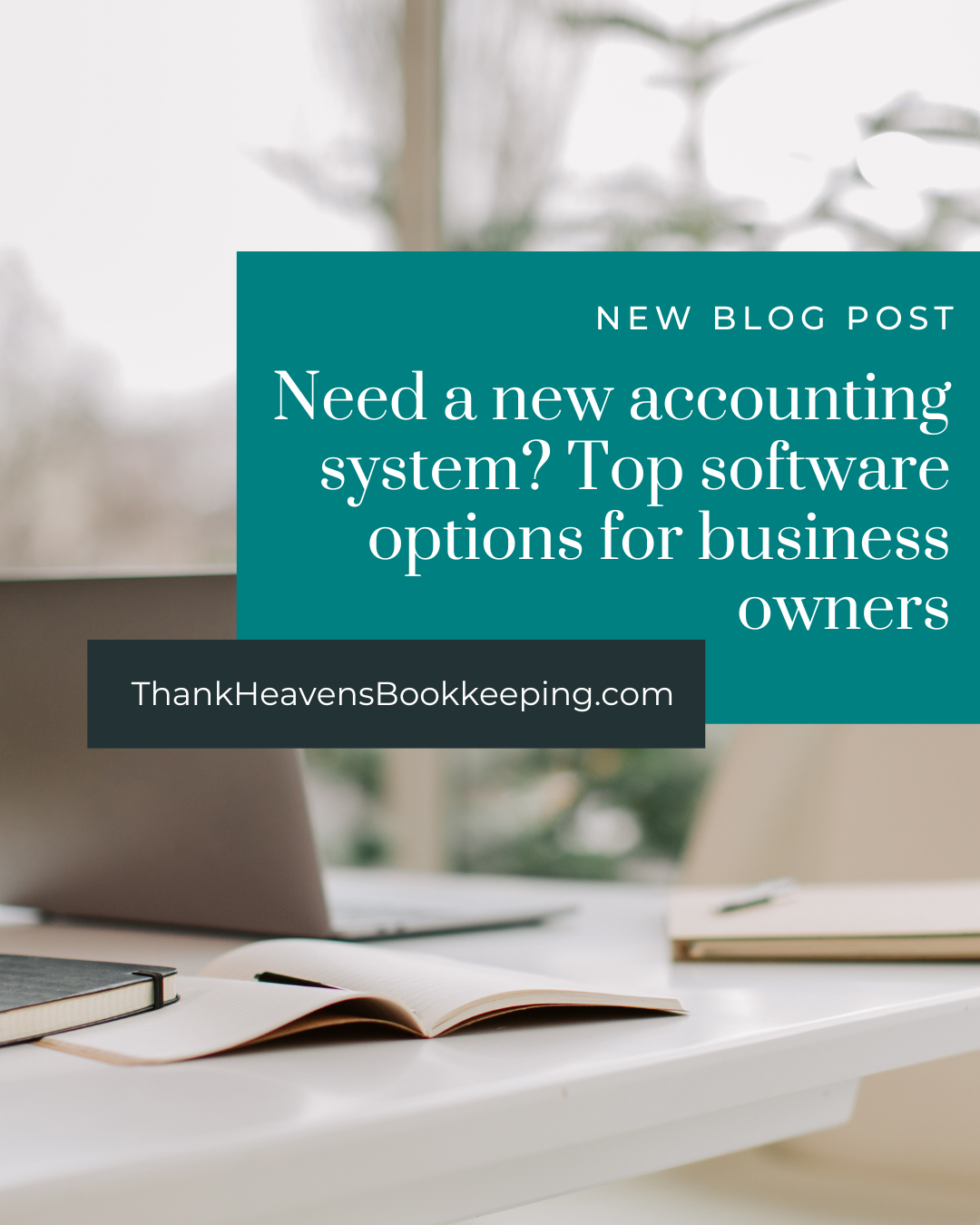Organize Your Small Business Bookkeeping in 5 Easy Steps
Organize Your Small Business Bookkeeping in 5 Easy Steps
Bookkeeping is one of the most important aspects of running a small business, yet many business owners find it overwhelming. Keeping your finances organized not only saves time but also gives you clear insight into your business’s health. The good news? You don’t need to be a financial expert to get your bookkeeping under control. With the right approach, you can streamline your processes and stay on top of your finances. Here are five easy steps to organize your small business bookkeeping.
1. Separate Personal and Business Finances
The first step to organized bookkeeping is separating your personal and business finances. Mixing personal and business accounts can make tracking expenses, filing taxes, and analyzing profits more complicated than it needs to be.
What to do:
- Open a dedicated business checking account.
- Use a separate credit card for business expenses.
- Track all business income and expenses through these accounts only.
Separating finances ensures accuracy and simplifies your bookkeeping, saving you time and stress down the road.

2.) Set Up a Reliable Bookkeeping System

Choosing the right bookkeeping system is crucial. While some small business owners prefer manual methods, most find cloud-based accounting software like QuickBooks Online or Xero more efficient.
Tips for setting up your system:
- Record transactions daily or weekly to avoid backlog.
- Categorize expenses and income consistently.
- Set up automated bank feeds to reduce manual entry errors.
A reliable system will help you monitor your finances in real time, making business decisions easier and more informed.
3. Keep Track of Receipts and Expenses

Paper receipts and invoices can easily get lost or misplaced. Properly organizing them ensures you have accurate records for tax season and financial analysis.
Ways to stay organized:
- Use apps to scan and digitize receipts.
- Keep receipts organized by month or category.
- Match receipts to transactions in your bookkeeping software regularly.
Consistently tracking expenses helps prevent missed deductions and keeps your books accurate.
4. Reconcile Accounts Regularly

Reconciling your accounts means comparing your bookkeeping records with your bank and credit card statements. This step ensures that your records are accurate and helps spot errors or discrepancies early.
Best practices:
- Reconcile monthly at minimum.
- Investigate any differences immediately.
- Keep reconciliation reports for reference during tax season.
Regular reconciliation keeps your financial data reliable and gives you peace of mind.
5. Review Reports and Adjust as Needed

Finally, review your financial reports regularly to understand your business’s performance. Reports like profit and loss statements, balance sheets, and cash flow statements provide insights that help you make informed decisions.
What to focus on:
- Identify trends in income and expenses.
- Track cash flow to avoid shortages.
- Adjust your budget and spending as needed.
Reviewing reports consistently ensures you’re not just keeping books, but actively managing your business finances.
Bonus Tip: Hire a Bookkeeper Like Me

Even with a simple system, bookkeeping can be time-consuming. Hiring a professional bookkeeper can save you time, reduce stress, and ensure your finances are accurate and tax-ready.
At Thank Heavens Bookkeeping, we help small business owners organize their books, save time, and gain clarity on their finances. Contact us for a free bookkeeping review to see how we can help your business thrive.
Organizing your small business bookkeeping doesn’t have to be complicated. By separating your finances, using a reliable system, tracking expenses, reconciling regularly, and reviewing reports, you can take control of your finances and make smarter business decisions.
Start today—your future self (and your accountant) will thank you.


